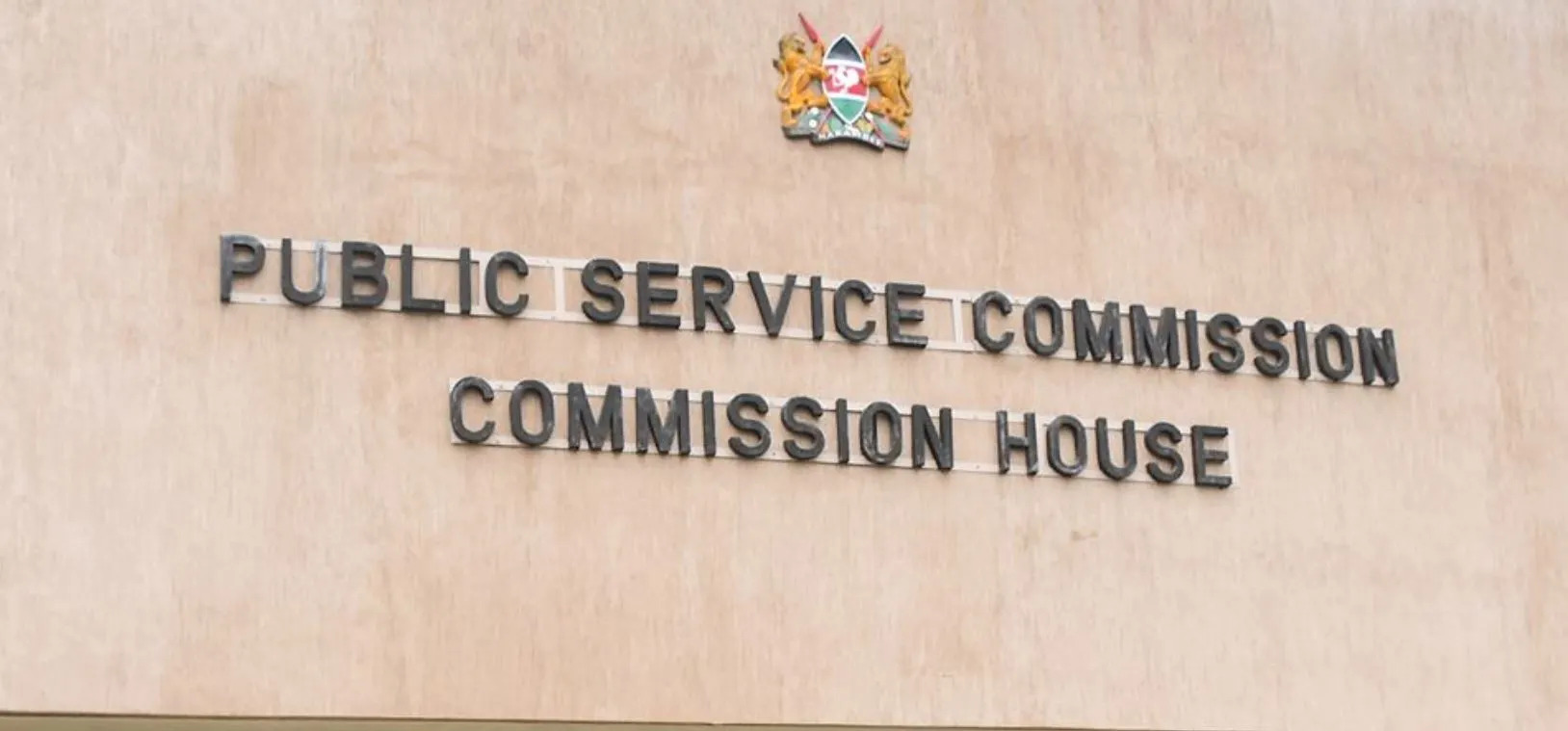Business
Government Incentives and Benefits Cost Sh4.2B

In the fiscal year that ended in June, the government spent Sh4.27 billion on bonuses, wage increases, and Collective Bargaining Agreements (CBAs), despite a growing demand for greater pay among government employees.
The SRC disclosed that it approved salary increases, requests for bonuses and allowances, and CBAs, which significantly increased the wage bill, exceeding the increase of Sh2.5 billion recorded in the previous financial year and placing additional strain on the exchequer at a time when the government is promoting a policy of fiscal consolidation.
The data analysis reveals that of the Sh1.43 billion (or 34 percent) that was paid in bonuses and prizes during the final three months of the previous administration, Sh1.29 billion was for salary evaluations and Sh1.2 billion was for allowances and benefits.
“The total value of advice for the financial year 2022/2023 amounted to Sh4.27 billion, representing 52.26 percent of the value of requests received,” SRC says in the bulletin.
The top-performing federal officials began receiving cash incentives as part of a new public service award program at the same time that take-home pay saw a substantial increase.
Government employees, including teachers, doctors, and nurses, who accomplish annual goals established by performance contracting committees are given cash awards in addition to their salary and allowances under the reward program, which was announced by the Public Service Commission (PSC) two years ago.
The Performance Management Regulations 2021 paved the path for the creation of an awards program that recognizes staff members who uphold ethical standards and provide novel ideas that enhance the delivery of public services.
In response to an increase in the cost of living that has severely reduced households’ purchasing power, civil servants have increased their demands for pay raises.
Since last year, inflation, a gauge of the cost of living, has been above seven percent, which has increased pressure from the more than 954,900 civil officials for greater compensation.
The government’s attempts to stop the public salary bill from soaring amid constricting funding responsibilities on the exchequer have been hampered by the calls.
The enormous public salary bill, which now accounts for more than half of all revenues and restricts spending on development projects, has been a problem for the Treasury.
Due to the current challenging economic climate, which has reduced revenue collection performance and increased requirements for servicing foreign debt, the government is currently struggling to raise the funds necessary to finance its vital initiatives.
In the fiscal year that concluded in June, the expected size of the public salary bill was Sh1.1 trillion. SRC also anticipates that during the current fiscal year, the bill will increase to Sh1.17 trillion.











